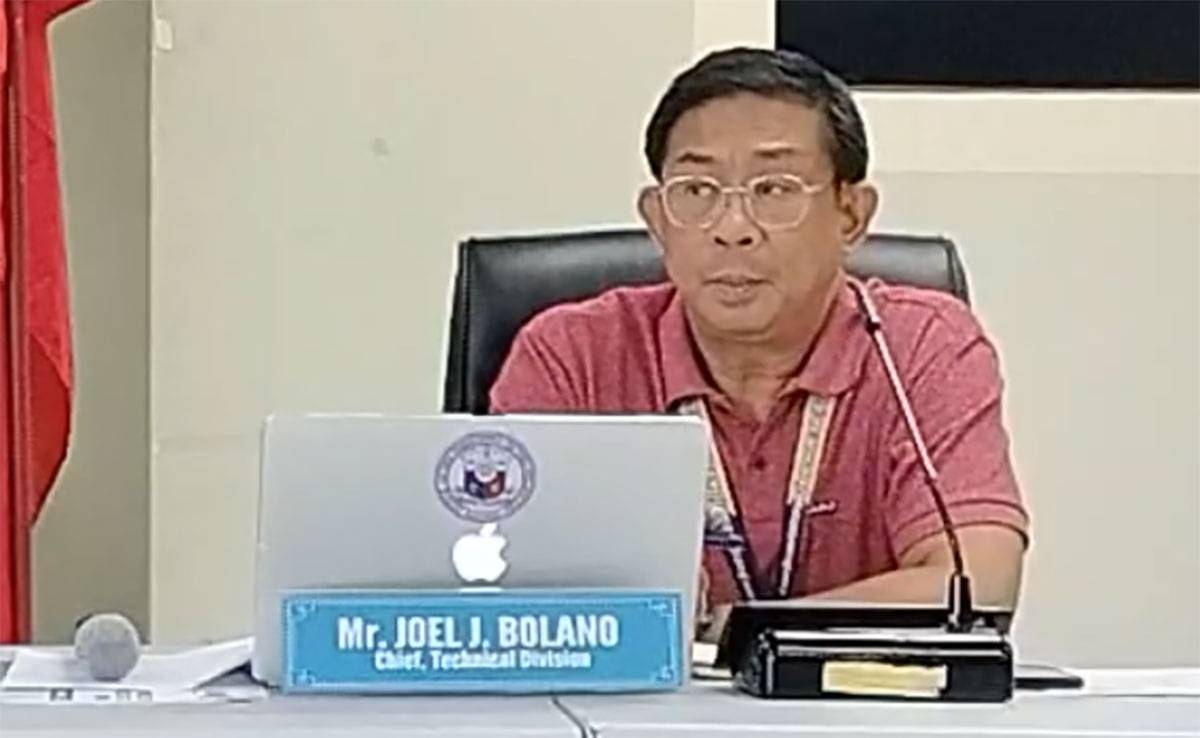As of January 4, the Land Transportation and Franchising Regulatory Board (LTFRB) reported that over 70 percent of traditional jeepneys and 76 percent of UV Express units have successfully consolidated their franchises. These figures are still being updated for Metro Manila, but the numbers have shown an increase.
In Metro Manila specifically, LTFRB Board Member Riza Marie Paches stated that 97 percent, or 21,685 PUJs, have consolidated based on the number of confirmed and registered jeepney units. This consolidation of franchises into cooperatives is at the core of the government’s Public Utility Vehicle (PUV) Modernization Program.
The deadline for franchise consolidation applications was set for December 31. Failure to apply for consolidation meant that operators would no longer be allowed to operate starting January 1, particularly on routes where 60 percent of PUVs had filed applications. However, applicants operating on routes with less than 60 percent consolidation were given an extension until January 31 to continue operations.
To avoid a potential transportation crisis, consolidated operators were given the option to apply for special permits and deploy their jeepneys on affected routes. The LTFRB assured that “due process” would be given to PUVs that failed to meet the consolidation deadline. LTFRB Executive Director Robert Peig emphasized that the ongoing process allowed drivers and operators to continue plying their routes until a final decision was reached.
Addressing concerns about fare hikes, the LTFRB Chairman Teofilo Guadiz 3rd dismissed projections from the IBON Foundation that minimum fares of public utility jeepneys could increase by P45 to P50 in five years or more due to the corporatized setup of the PUV Modernization Program. Guadiz deemed such projections “statistically impossible” and labeled the commuter group’s claims as absurd. He emphasized that the minimum fare for a traditional jeepney is P9, while a modern jeepney costs P11 since the beginning of the PUV modernization, and there have been no changes.
In response to the phaseout of traditional jeepneys under the modernization program, a transport group called Samahang Manibela Mananakay at Nagkaisang Terminal ng Transportasyon (Manibela) welcomed a statement from House Speaker Martin Romualdez opposing the phaseout. Romualdez directed the House Committee on Transportation to investigate allegations of corrupt practices in the conceptualization and implementation of the program. Manibela Chairman Mar Valbuena expressed agreement with the need to investigate corruption within the agencies and the challenging requirements of the PUVMP, such as franchise consolidation and cooperative entries.
Manibela emphasized that Congress should be the authority to decide whether operators can obtain a franchise or not. The transport group previously organized a strike over the holidays to raise awareness about their concerns.
It is important to note that the LTFRB and the government are committed to balancing the needs of drivers and commuters. The LTFRB has consistently adjusted fares when the price of gasoline increases. Therefore, claims of a P50 fare for five years are deemed illogical and statistically impossible.
In conclusion, the PUV Modernization Program in the Philippines continues to progress with franchise consolidation and addressing concerns about fare hikes. The LTFRB ensures that due process is followed for operators who missed the consolidation deadline. The government remains steadfast in its commitment to modernize the PUV system while considering the welfare of both drivers and commuters.







